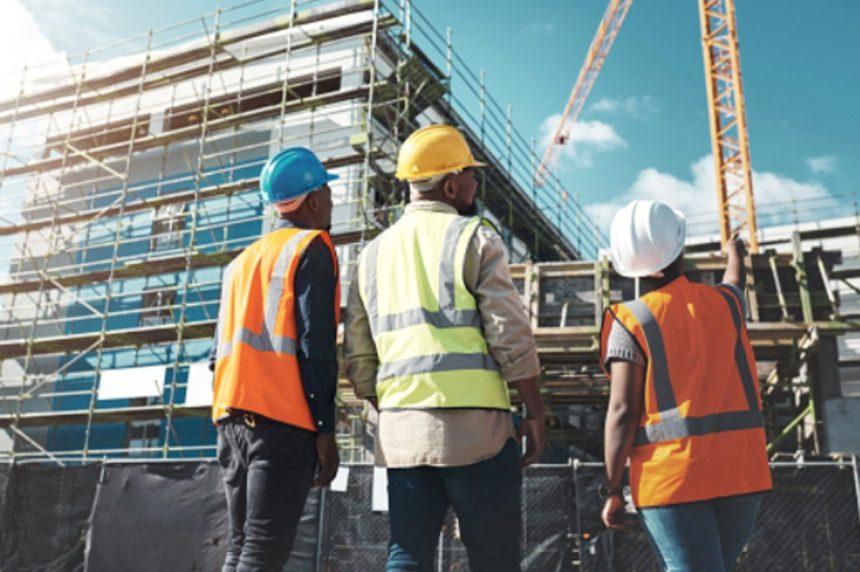The building and construction industry in Nigeria is grappling with unprecedented challenges, with construction costs skyrocketing by a staggering 200% over the past two years.
This surge is attributed to a confluence of factors, including exchange rate fluctuations, inflation, and rising prices of building materials and labor.
The recent inflation rate, reaching 28.9% as of December 2023, has exacerbated the situation. Contributing factors include the removal of petrol subsidies and the devaluation of the official exchange rate, which have significantly impacted consumer prices across the board.

The exchange rate crisis has particularly hit the construction sector hard. Imported materials such as windows, doors, ceramics, and plumbing fixtures, which constitute a significant portion of the market, have seen prices surge due to currency depreciation. Additionally, local materials have not been spared, as production and transportation costs have also risen sharply.
The depreciation of the naira directly impacts building material prices, which comprise approximately 60% of construction costs. Consequently, essential materials like cement, blocks, reinforcement rods, and paints have witnessed price hikes exceeding 75% in the last year alone.
Labor costs have also surged, with artisans charging substantially higher rates compared to previous years. This increase is attributed to rising transportation costs and other logistical challenges.
The ripple effects of these cost escalations are far-reaching, affecting both property developers and consumers. Affordability and accessibility to housing, especially for low and middle-income earners, have been severely impacted. Rental prices in low-income settlements have surged, further exacerbating the housing crisis.
Experts warn that without intervention from the government, construction costs are likely to continue rising. Suggestions for mitigating these challenges include implementing policies to lower construction costs, stabilizing the currency, reducing tariffs on imported materials, supporting local production, and investing in research and development for alternative materials and methodologies.
The rising costs of building materials not only hinder economic growth but also diminish disposable incomes and purchasing power among Nigerians, exacerbating unemployment challenges and slowing down crucial construction activities. Addressing these issues is crucial for stimulating economic growth and ensuring sustainable development in the construction sector.



